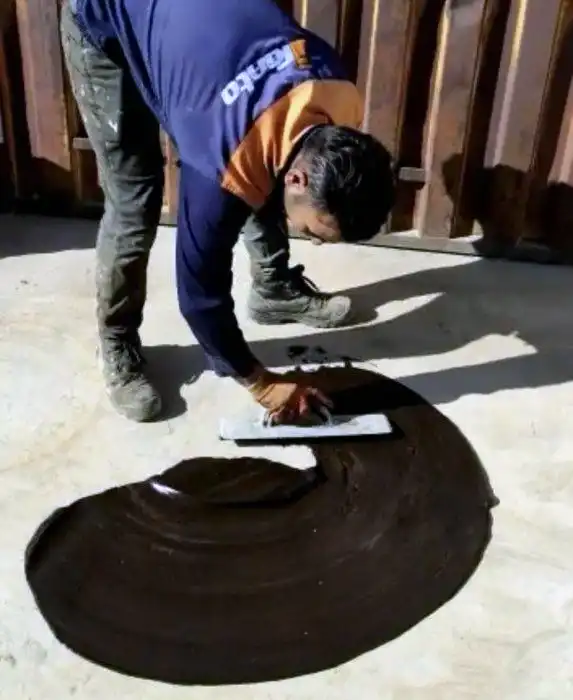
The application of bitumen mastic spans a wide range of industries due to its high durability, weather resistance, and flexibility. Bitumen mastic—also known as mastic asphalt—is a dense mix of bitumen, filler (rock dust), and mineral aggregates such as sand or crushed stone. With the advancement of manufacturing methods, this material is now available in granular form, enhancing its transportability and ease of use.
Understanding Bitumen Mastic
To begin with, bitumen mastic offers a highly viscous consistency that softens and becomes workable when heated. As a result, it creates a waterproof and crack-resistant layer once applied to a surface. Furthermore, engineers choose this material in projects that demand long-term sealing, coating, or structural protection. In particular, the application of bitumen mastic extends to industrial flooring, roofing, waterproofing systems, and road construction.
Modern Manufacturing Process
The production of granular bitumen mastic involves a two-stage mixing process:
Stage one: Heated aggregate and a partial amount of preheated bitumen are combined with filler to form a semifinished, granular product. This mixture is cooled to room temperature.
Stage two: The remaining bitumen and filler are added to the cooled granules, forming the final product.
This method offers better consistency and avoids lump formation, which was a common issue in traditional one-stage block mastic asphalt.
Application of Bitumen Mastic in Subsea Pipelines
One major application of bitumen mastic lies in subsea pipeline protection. Specifically, engineers apply it directly over welded joints in pipelines that carry hydrocarbons beneath the sea. Moreover, the granular form allows teams to reheat and apply the material easily on-site, even in challenging offshore locations. As a result, this method ensures strong sealing and reliable structural integrity under high-pressure conditions.
Transportation in Cold State
Granular bitumen mastic can be shipped and stored in a cold state, unlike conventional hot-applied blocks. This makes it ideal for long-distance logistics and remote construction projects. The cold-state transportability ensures cost efficiency and reduced energy consumption.
Road Construction and Pavement
Another essential application of bitumen mastic is in road construction. Its load-bearing capacity, smooth finish, and resistance to moisture make it a superior choice for highways, footpaths, and bridge decks. It also performs well under traffic and climate stress.
Waterproofing Applications
Bitumen mastic offers excellent waterproofing performance. It is commonly used in the construction of basements, tunnels, and industrial foundations. The seamless application prevents leakage, and its chemical resistance makes it durable in aggressive environments.
Technical and Environmental Advantages
Compared to traditional mastic blocks, granular bitumen mastic:
Requires less energy to produce
Provides better consistency
Is easier to transport and apply
Has improved handling properties
These benefits have made the application of bitumen mastic more efficient, sustainable, and user-friendly.
Final Thoughts
The application of bitumen mastic is crucial in today’s construction and energy sectors. Its evolving manufacturing process and versatile properties allow for innovative solutions in pipeline protection, waterproofing, and infrastructure development. Granular mastic asphalt represents a significant improvement over older methods, offering reliability and efficiency for modern engineering needs.